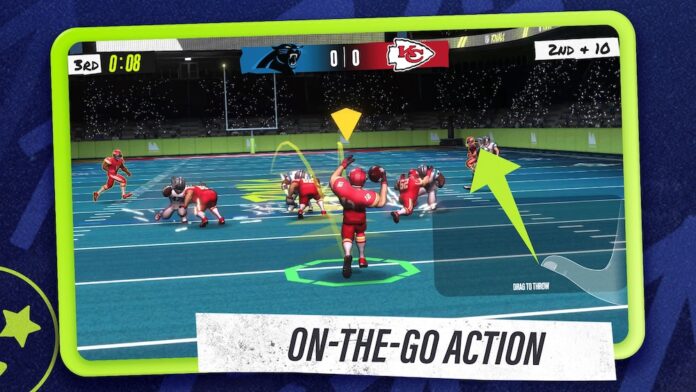Mythical Inc. is putting game development on the back burner as it leans into establishing itself as a provider of gaming infrastructure for other companies. The Sherman Oaks-based company has been focused on blockchain and web3 technology since its founding, and is now using proprietary technology from two recent acquisitions to support cloud gaming and transactions within game marketplaces.
Mythical’s dive into infrastructure development was accelerated by its January purchase of DMarket, a blockchain-based marketplace that facilitates the buying, selling and trading of virtual items and technology. John Linden, co-founder and chief executive of Mythical, said that the company has integrated DMarket’s technology and used it to build out Mythical’s platform.
Mythical did not disclose financial details of the deal, though said it there was a “healthy cash component and stock component.” In the acquisition, about 100 DMarket employees joined Mythical’s team.
“I think we’re kind of looking at shifting,” Linden said. “We’ll continue to develop games ourselves, that’s definitely a focus of ours, (but) we are kind of slowly moving into becoming more of a platform so that other people can build on this big tech infrastructure that we’ve put in place.”
Earlier this year, Mythical announced that it had acquired Polystream, a startup that uses 3D technology to support cloud-native gaming, for an undisclosed amount.
On the publishing front, Mythical most recently released “NFL Rivals,” a game from the National Football League and NFL Players Association.
Infrastructure
Although Linden said the company is now processing $40 million in sales per month, it’s looking to establish itself more firmly as an infrastructure provider for cloud gaming and in-game marketplaces. By comparison, it saw about $60 million in sales total last year.
Mythical launched Marketplace 2.0 in January, which is blockchain-supported and runs transactions through its own utility token, which it calls Myth Token. Marketplace 2.0 enables peer-to-peer transactions and is built primarily on DMarket’s technology, including its anti-money laundering and antifraud systems. It has processed more than 21 million transactions to date and processed more than 2 million transactions in its first six weeks of operation.
By integrating the security capabilities of DMarket’s technology, Mythical wants to improve gameplay infrastructure while providing a community-run marketplace to support and safeguard ownership of digital items. While Marketplace 2.0 originally supported Mythical’s “NFL Rivals” and “Nitro Nation: World Tour” games only, the company wants to make its infrastructure available to other entities.
Transitioning a company from a focus on game development to a focus on offering infrastructure to other gaming platforms isn’t a common move, according to Peer Fiss, a professor of management and organization at the USC Marshall School of Business. Fiss noted that because there are fewer infrastructure providers than game providers, Mythical could dominate that market if Marketplace 2.0’s platform is sufficiently robust.
“I think it’s really a question of competition,” Fiss said. “To develop such a separate marketplace, it carries the potential for a lot more gains. If you can be the company that controls the market on which others run their games, that’s great. But of course, there’s not going to be many of those doing that.”
Moving toward profitability
One fiscal goal that Mythical has yet to reach is profitability. Although it has accumulated nearly $300 million of funding and released popular titles including multiplayer game “Blankos Block Party,” research and development costs have overshadowed sales. Linden said that Mythical is expecting to close another funding round of about $30 million in the next few months, adding that he anticipates that it will be the final outside capital that Mythical needs to start breaking even.
“I’d say our focus right now is not necessarily to generate a big profit, we want to keep reinvesting into the infrastructure,” Linden said. “Money going out and money coming in is pretty even at this point … we want to basically be able to show investors and show our shareholders that we can build a real business that is sustainable.”
The company has hit a few bumps in the road during past 12 months or so, including a 10% reduction in it staff in November and an ongoing lawsuit against three of its former executives. Mythical states in the suit that the three employees breached their fiduciary duties and, after “stealing” a business plan from the company, raised about $150 million in capital to launch a competing business called Fenix Games. Fenix Games did not immediately respond to a request for comment.
